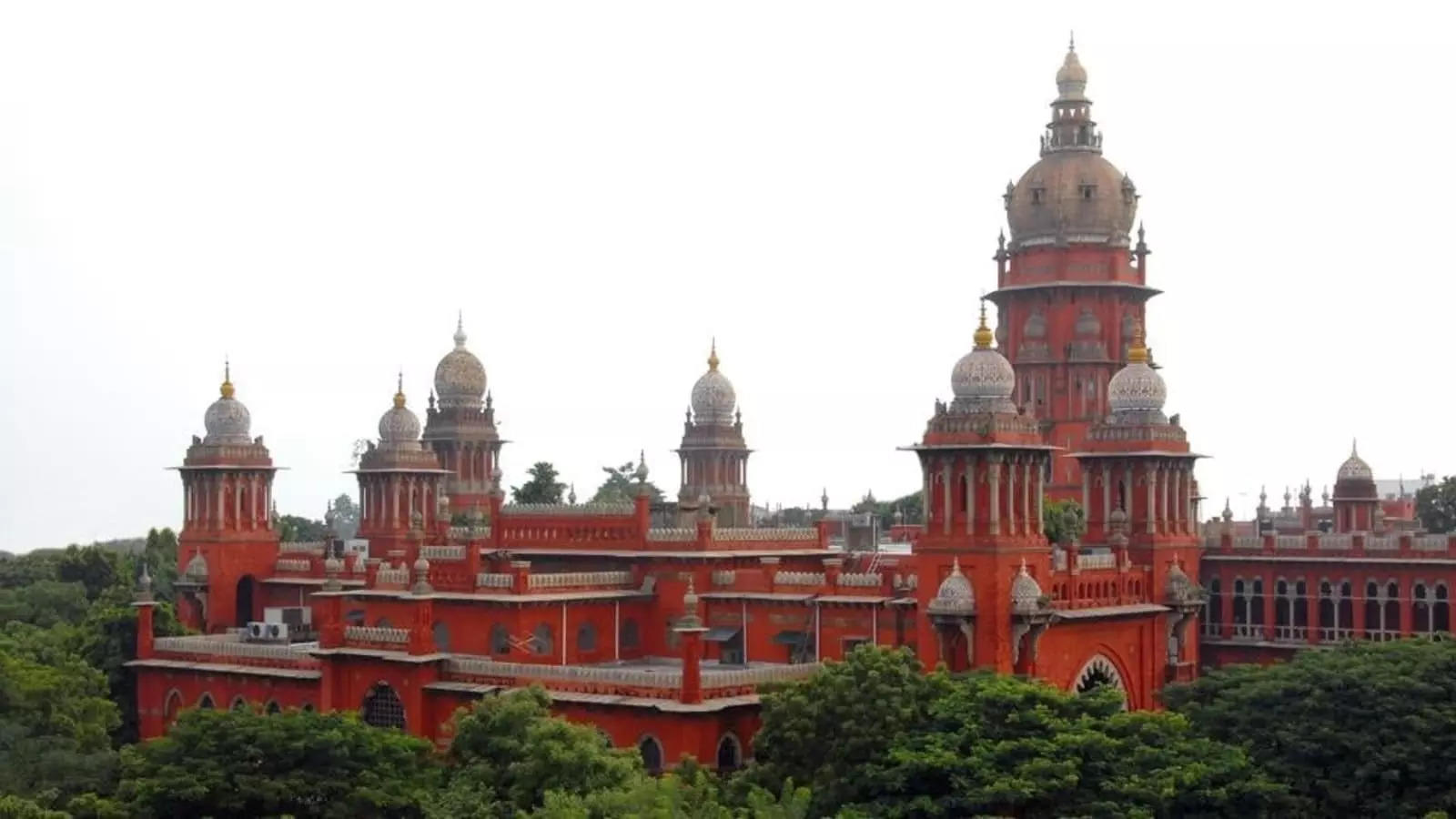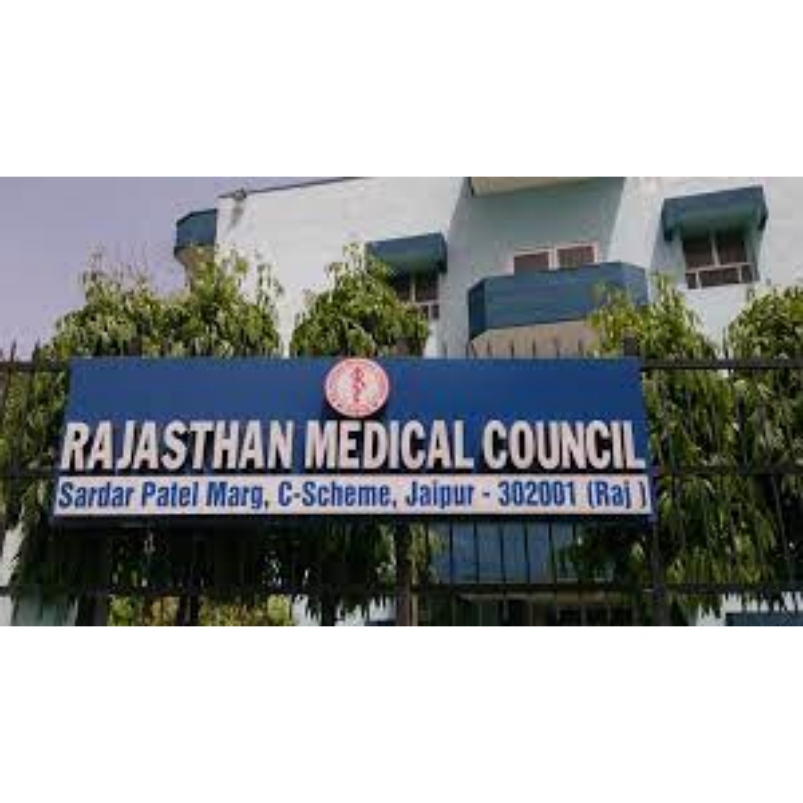
Madras High Court recently made an observation stating that candidates who secure a Post Graduate (PG) medical seat should consider it as a national resource and not waste it by discontinuing the course. The bench comprising Acting Chief Justice T. Raja and Justice D. Bharatha Chakravarthy made the observation while considering an appeal by the selection committee of the Directorate of Medical Education (DME) and the Dean of Madras Medical College (MMC) against a single-judge order passed by the HC in 2019.
The order had directed the DME and the Dean of MMC to return the MBBS degree certificate and transfer certificate to a student who had discontinued her PG medical course at Madras Medical College. The student had secured admission in 2019 in MD (Tuberculosis and Respiratory diseases) / Pulmonary Medicine UR/MD (Respiratory Medicine) on the basis of her score in NEET PG examination.
However, within two days of joining the course, the student had submitted a letter stating that she had to discontinue the course due to a sudden change of events in her personal life, namely the fixing of her marriage. The college insisted that she pay a discontinuation fee of Rs. 15 lakh in addition to the tuition fee before returning her educational documents.
The student challenged this decision in court, and the single-judge bench ruled that as per Clause 27(a), the liability to pay the discontinuation fee arises only if the discontinuation takes place after the cut-off date for admission. Since the discontinuation in this case had taken place before the cut-off date for admission, the bench directed the college to return the student’s documents.
However, the DME and the Dean of MMC appealed against this ruling, arguing that Clause 24(c) states that candidates under the All India Quota who discontinue the course after the last phase of counseling are liable to pay the discontinuation fee. The division bench of the High Court considered both sides’ arguments and finally upheld the single-judge bench’s decision.
Challenging this decision, the authorities of the medical college approached the Division bench of the High Court, where they argued that the petitioner cannot resign from their allotted seats or participate in any further counseling as per the decision of the Director General of Health Services. The authorities further pointed out that the State had all facilities including Professors for teaching PG students, who are limited in number. Therefore, if the petitioner vacates her seat in a casual manner, then the Clauses in the Prospectus cannot be read in the manner as read by the learned Single Judge.
The authorities also argued that even though Clause 24(c) expressly mentions candidates of All India Quota, there is no such express mention of AIQ students in Clause 27(a). Therefore, the authorities contended that the mention of the cut-off date can only be applicable to State Quota students and the petitioner, who got admission under the AIQ, is liable to pay the discontinuation fee of Rs 15 lakh once she vacates the seat after the last phase of counseling.
Despite finding force in the submissions made by the authorities, the Division Bench referred to Clause 27(a) of the Prospectus, which provides that if only the candidates who discontinue their course after the cut-off date, they have to pay the discontinuing fees; otherwise, they will only forfeit their tuition fees. The bench noted that a plain reading of the Prospectus does not make any difference between the State Quota or All India Quota, and hence, the student would not be liable to pay the discontinuation fees.
The bench also added that the student seemed to be a meritorious candidate who had to discontinue on account of personal reasons. The bench further disapproved of the practice of wasting precious medical seats and urged candidates to be more careful in planning their career and personal life, considering that a Post Graduation Medical seat is a national resource by itself.
The Madras High Court Division bench has passed an order in favour of the student, directing the Dean of the medical college to return her educational certificates. The court has also clarified that the benefits of ambiguity in the Prospectus should be in favour of the student, and candidates should be more careful in planning their career and personal life to avoid wastage of precious medical seats.
The court also observed that PG medical seats should be considered national resources and that meritorious candidates admitted to such seats should not waste them by discontinuing the course. The bench pointed out that there were other candidates who missed the seat by a fraction of marks and, therefore, advised students to be more careful in planning their career and personal life.
The Madras High Court’s ruling is significant as it underscores the importance of PG medical seats and the responsibility of students who secure them. The court’s observation that such seats are national resources should serve as a reminder to students that they should not take the admission process lightly and that they have a duty to make the most of the opportunity provided to them.

























